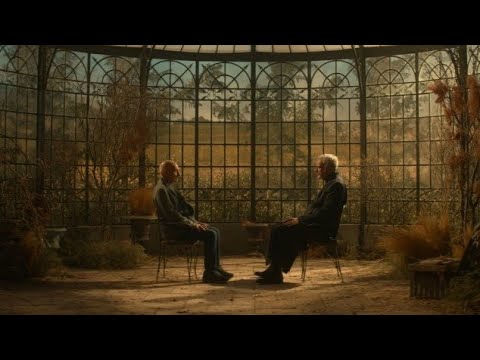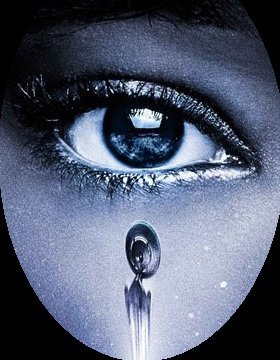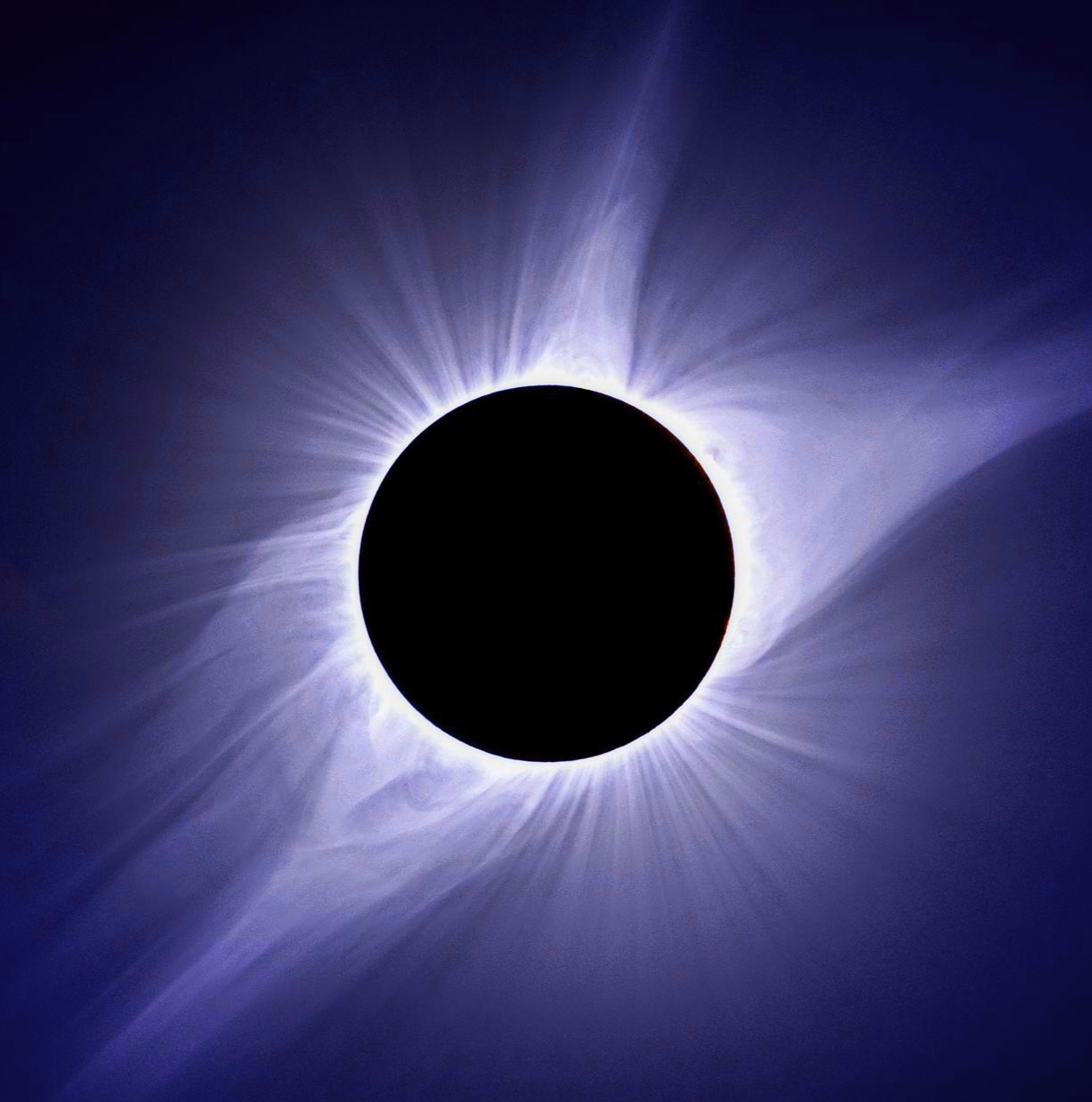
In the scene between Q and Jean-Luc Picard, Q delivers an amazingly stirring monologue about the importance of one person, saying “Must it always have galactic import? Universal stakes? Celestial upheaval? Isn’t one life enough?” This line is an impressive reminder that sometimes, saving a single individual can be just as important as saving a galaxy.
In this moment, we see a different side of Q - one that is vulnerable and sincere. Or was that his true side all along? The scene impresses the deep friendship between Q and Jean-Luc, as Q reveals his true motivation - to heal Jean-Luc’s heart.
Overall, this scene is such a beautiful and touching moment that adds even more depth to these two already well-developed characters. It reminds me of the power of friendship and the importance of valuing individual lives.
"Humans. Your griefs, your pains, fix you to moments in the past long gone. You’re like butterflies with your wings pinned”. There is so much food for thought in this piece of wisdom alone. Every sentence in this scene has its place, has meaning beyond the words expressing it. Note also the stunning, subtle yet powerful soundtrack.
This scene and the one to follow is so well paced and delivered by John de Lancie and Patrick Stewart, it will stick with me for many years to come. I have rewatched it over and over. It alone makes the entire 3rd season worthwhile.
May we all remember to say this to someome from our heart. Almost nothing means more than that:
“You matter to me.”
“Your griefs, your pains, fix you to moments in the past long gone. You’re like butterflies with your wings pinned.”
I think this is the theme of PIC season 2, and not just for Picard. Processing and accepting the impact of past choices and actions in the here and now. Seven expressing the impact of her post-VOY treatment by others. Raffi admitting to herself that she holds too tightly to those who are important to her in the now because of her fear of loss based on past experiences. Her loss of: Starfleet; her credibility because of her theory about the sythn attack on Mars; and, herself and her family due to her addictions afterwards. Rios’ moment of growth when he moves on from always feeling adrift since the events on the Ibn Majid. Agnes and the Borg Queen bonding over shared feelings of loneliness. A strange combo, but one I think Alison Pill and Annie Wersching’s strong performances completely sold.
I think PIC season 2’s overarching story is muddled because the separate parts seem related more by happenstance rather than being a solid, cohesive narrative. However, I think season 2’s theme is always strong, and it resonates with me.
One of the things I love about Star Trek is when it makes me think about how I think. PIC season 2 has me doing a lot of self-reflection. I enjoy, and re-watch, PIC season 2.
Yeah as much as there was silly, stupid action in PIC season 2, the emotional character arcs behind it all felt genuine and interesting. In an ironic sense it is fitting that none of the material of Se2 got carried over to Se3 except that Picard had completed an emotional arc that would allow him to save the day in the penultimate moment of Se3.
I also think Se2 makes it more interesting to watch TNG because you can see Picard from a totally different angle at a much later age in a way more vulnerable position and sort of compare the two.
" … Picard had completed an emotional arc that would allow him to save the day in the penultimate moment of Se3."
I agree. I think Seven’s emotional arc continues and concludes in PIC season 3. She kept the field commission Picard granted her in PIC season 2. Starfleet honored Seven’s status as Commander, but to me it also seemed passive aggressive in assigning her to a ship with a traumatized from the Battle of Wolf 359, Borg-hating captain - Shaw. I wonder if Seven’s assignment to the Titan-A was done by someone who disliked Seven, Shaw, or both of them.
The knowledge of the events in PIC season 2 does give watching TNG a new perspective.
Picard S2 had a lot of things that weren’t great, but Q was not one of them. His performances were perfect, start to end, I always found myself wanting more of him (in the goddamnit Q way)
Q was great in Picard… but his motivations and personality are just so unlike what they were in TNG.
Were they? Granted, it wasn’t always about helping Picard, but often it was. In “Q Who”, for example, Q teaches Picard humility and prepares him for something greater. In “Tapestry”, Q teaches Picard the importance of his past and how even our mistakes shape who we are. In “All Good Things…”, Q stands by Picard’s side to save humanity. To name just three.
Not that Picard was always Q’s focus, but often he was. He was certainly a tough friend with his own unique methods. But I like to think that only now does Jean-Luc - and I - understand that Q did much of what he did out of a sense of concern for humanity, and Picard in particular.
Either way, it is a beautiful scene that will stand the test of time for a long time to come.
Q changed over the series of TNG and evolved further during his appearances on Voyager. Yet he remains ultimately inscrutable in his true motivations.






